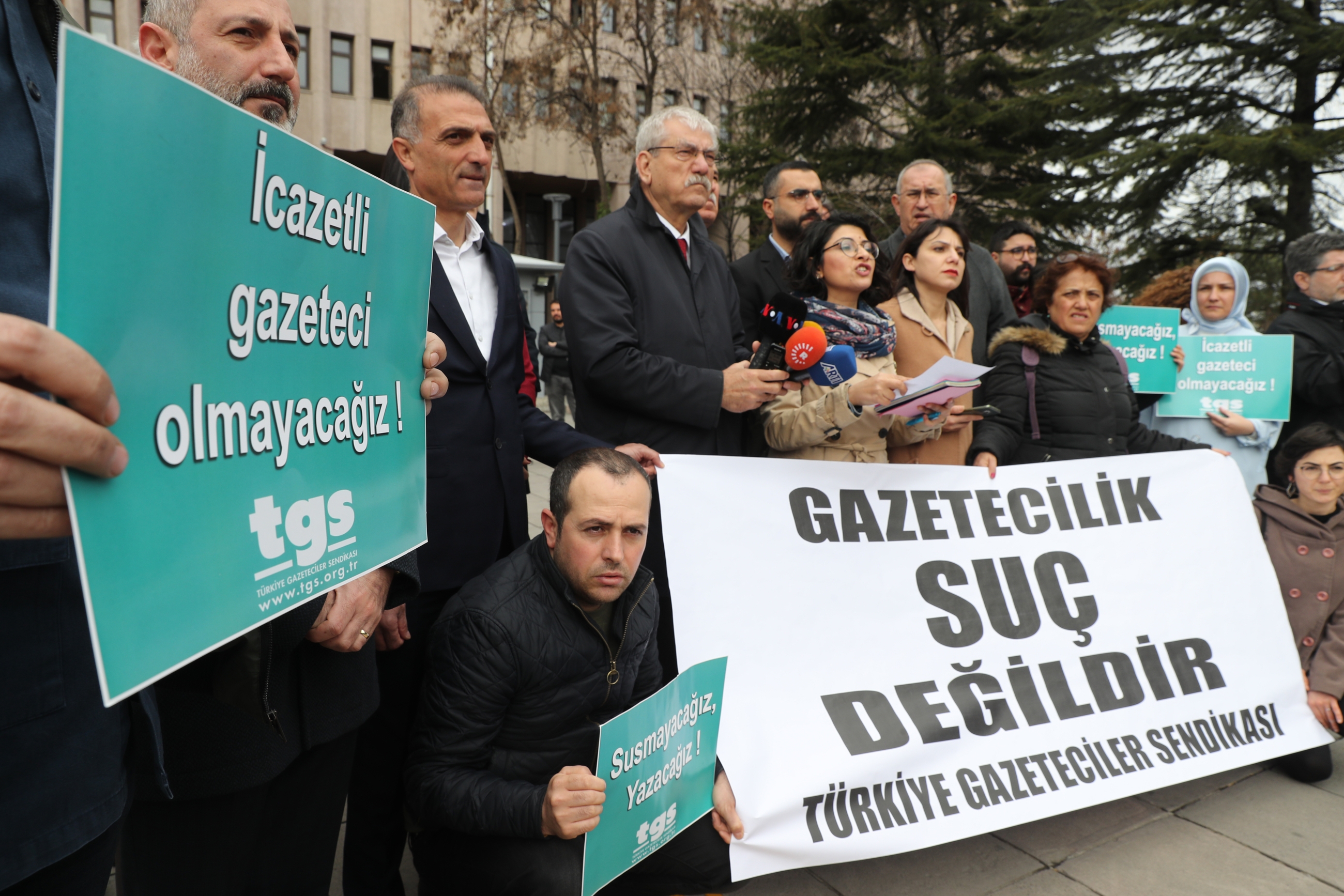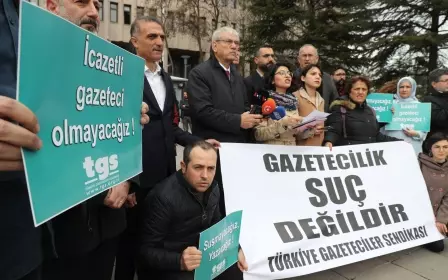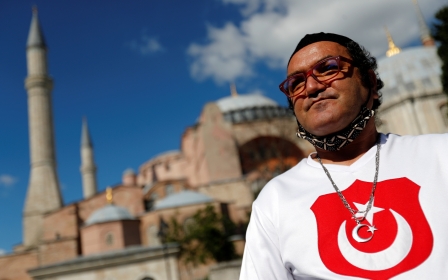Turkey court halts five-day broadcast ban on opposition channel TELE1

A court in Ankara has ruled that a five-day broadcast ban on opposition channel TELE1 breached press freedoms and issued a stay order to halt the move.
Earlier this month, Turkey's Radio and Television Supreme Council (RTUK) media watchdog issued bans on Halk TV and TELE 1, two television channels that often feature views critical of the government.
But Ankara's fourth administrative court unanimously decided on Tuesday to stop RTUK's ruling and said the five-day ban on TELE1 interfered with the country's "freedom of press and citizen's right to receive information".
The court ruling did not comment on the five-day ban on Halk TV.
When the ban was ordered on 1 July, Ilhan Tasci, a member of the RTUK, said viewers would "only see black screens" for five days.
He also said that the two outlets would lose their broadcast licenses entirely if they were penalised again in future.
'Slave to imperialism'
The RTUK launched the investigation into TELE 1 after a television host criticised Ottoman Sultan Abdulhamid II, who ruled from 1876 to 1909.
Merdan Yanardag accused the former ruler of repressing progressives and reformists in the Ottoman empire in the 19th century and described him as a “despicable dictator who was a slave to imperialism”.
The legacy of Abdulhamid II is highly controversial in Turkey today.
He is lauded by President Recep Tayyip Erdogan and his supporters as a strong pan-Islamic ruler who attempted to salvage the decaying Ottoman Empire.
However, leftists and secularists have denounced his clampdown on attempts at liberal reforms and against the Ottoman parliament, as well as for the massacres of Assyrians and Armenians that took place under his rule.
The RTUK decision was heavily criticised by the Committee to Protect Journalists (CPJ) as well as opposition politicians.
Istanbul Mayor Ekrem Imamoglu tweeted that the move was "unacceptable," while IYI party leader Meral Aksener said that real leadership did not mean "banning the free press".
The RUTK's decision came on the same day as Erdogan threatened to bring in a law restricting or closing down social media sites such as Twitter, YouTube and Netflix in the country.
Middle East Eye propose une couverture et une analyse indépendantes et incomparables du Moyen-Orient, de l’Afrique du Nord et d’autres régions du monde. Pour en savoir plus sur la reprise de ce contenu et les frais qui s’appliquent, veuillez remplir ce formulaire [en anglais]. Pour en savoir plus sur MEE, cliquez ici [en anglais].





